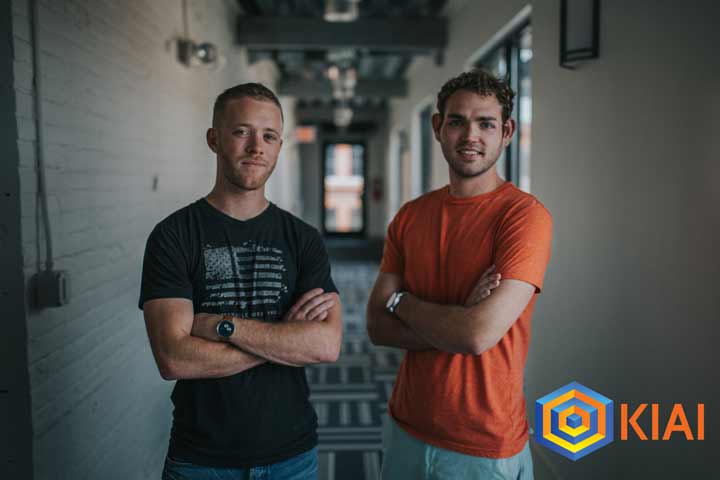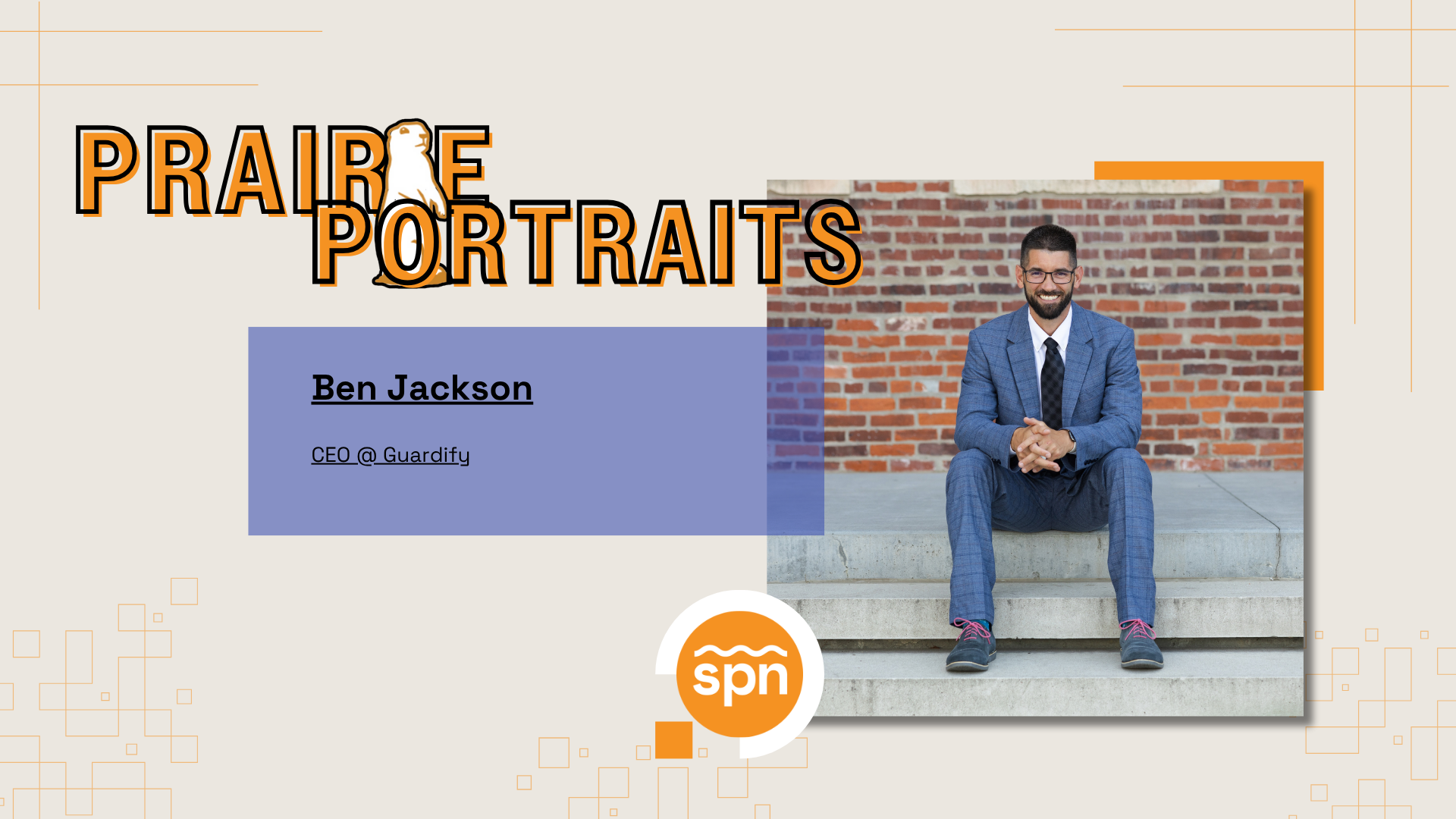Working with a UNL professor on digital humanities research exposed Justin Collier to some powerful natural language processing (NLP) tools. He thought there must be applications outside of academia.
“We were using a lot of tools to do NLP for literature,” he said. “A lot of these tools and techniques are not reflected anywhere on the web.”
Collier is the CEO of Kiai, a startup that is part of the 2017 NMotion Accelerator cohort. The company uses NLP to analyze web content and gain insights to help refine and improve search rankings. NLP is a component of artificial intelligence relating to the ability of a computer program to understand human language.
“He was doing some really cool research, and I thought it was super interesting,” said Kiai COO Doc Bolton. “It’s definitely a hot area for new tech development.”
Keeping up with search engine algorithms
With search engine algorithms changing constantly, optimizing search results is challenging. Kiai reached out to SEO professionals to learn about their pain points.
“Doing the initial research to analyze content is the biggest problem,” Bolton said. “That’s what we can do, and there could be a product here.”
Collier said that until recently, search engines like Google relied on metatags passed from a website for reference. Now, they look for key words throughout a site’s entire content.
“The old way doesn’t work anymore,” he said. “The way that the general SEO population is doing it is very similar to how we semantically process what you’re saying.”
A key factor in all this is trying to get a computer to understand language as it is spoken.
“Drawing associations between words is very complicated, especially for a machine,” Collier said. “Making computers read like a human is almost like having a robotic assistant, it can do research on your behalf.”
Participating in NMotion
How has participating in NMotion helped?
“For where we are with the idea right now, this is a great opportunity to take it to the next level,” Bolton said. “It’s very helpful to have someone gut check you to see if you’re just hearing what you want to hear.”
Early indications are that Kiai is headed in the right direction.
“We’re fortunate that even though we’ve had to check our assumptions, the feedback is that we were on the right track coming in,” Bolton said. “Maybe some priorities will shift in terms of the core value proposition, but we’re still on the same path.”
Still, there is discovery to be done.
“Computers understand text, we’re looking at how Google understands language,” Bolton said. “We’re not sure yet if we’ve done it right. By the tail end of this, we’ll know.
Funding
The Kiai team is hoping to secure a prototype grant to continue product development.
“We haven’t needed any other investment to date,” Collier said. “But the grant would give us some runway.”
The initial target markets are SEO consultants and digital marketing agencies, but Collier and Bolton feel their product could have applications in other markets.
“The cool thing about what we’re working on is that if this isn’t the application for it we can very quickly move it to another space,” Collier said. “It’s getting a lot of attention.”
With the explosion of social media, some are skeptical that SEO is all that important. But Collier points to the rapid growth of voice searches, suggesting that half of all searches will be done by voice assistant by 2020.
“Think about Siri or Alexa,” he said. “More and more people are using these tools, and they get their info from search engines.”
“You can’t pay your way to the top. You need to optimize organic search,” he added.





